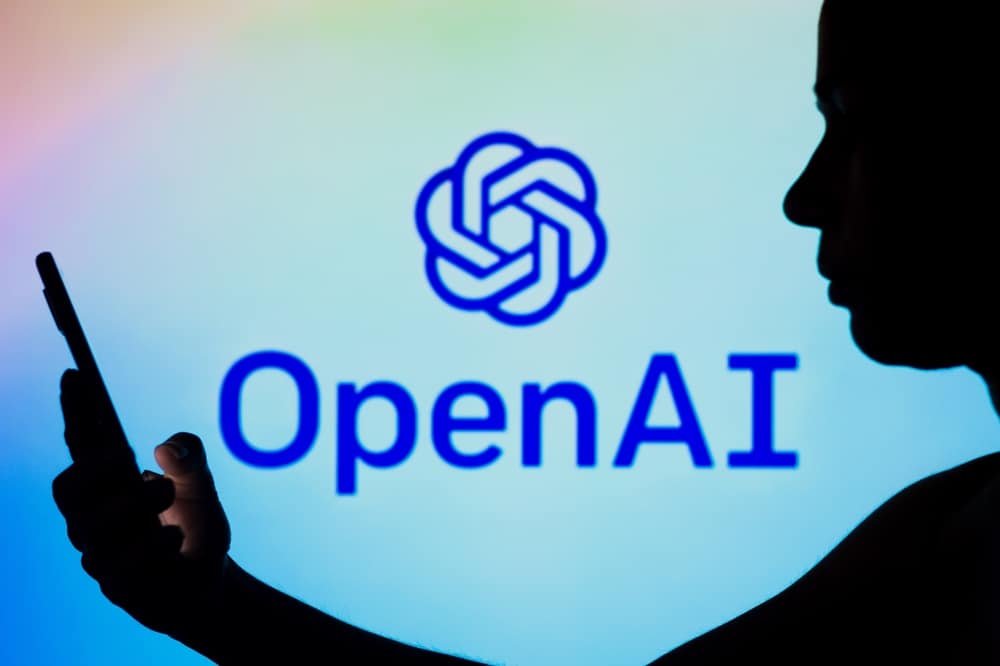OpenAI quietly terminated the AI Classifier project, breaking the hopes of educators ready to deploy it to detect artificial intelligence (AI) used to execute academic tasks. The move by the Sam Altman-led company to decommission the AI-detecting platform is a huge setback for educators.
The Microsoft-backed OpenAI had in January admitted working on a platform dubbed AI Classifier that would save global education. The AI powerhouse behind the popular generative AI tool ChatGPT sought the preservation of sanity in education. It would assist professors and teachers to assess and detect the content created using generative AI tools.
OpenAI’s AI Detection Tool Dead and Abandoned
Six months later, the San Francisco-based firm signals that the AI Classifier tool is dead and abandoned. The firm cites the inability of the platform to guarantee accuracy in the task OpenAI’s developers designed to execute.
The firm admitted via a Thursday, July 20 blog post that the ChatGPT creator unplugged the AI detection tool, citing declined accuracy. The sudden change is surprisingly disclosed secretly as an addition to the initial post that announced the tool’s unveiling. However, the link illustrating the commissioning of the AI Classifier project is now unavailable.
OpenAI indicated that it is devoting its resources towards incorporating feedback obtained during trials of the AI Classifier. Also, the firm revealed prioritizing research on effective provenance techniques for the text. The post shows that the Altman-led firm is committing to developing and applying mechanisms to help users ascertain whether the audio and visual contents are AI-generated.
AI Classifier Unable to Accurately Differentiate Human and AI Generate Text
The development of new tools to ease the utilization of sophisticated artificial intelligence is emerging daily. Such developments have resulted in the creation of a cottage industry comprising AI detectors.
OpenAI had unveiled the AI Classifier indicating its superior capability to differentiate human and AI-generated text. Despite the introduction, OpenAI termed the product as not fully reliable. He revisited the evaluations conducted using English text as the challenge set. The plugin only identifies 26% accuracy of the sampled text as Likely AI-written. Also, it incorrectly labeled the human-written text as an AI-generated product in 9% of all assessments.
OpenAI observed that AI Classified suffered several limitations. The firm noted that the tool proved unreliable when verifying text with characters below 1000. OpenAI says the plugin errored in portraying human-written text as AI-generated. Also, the Classifier would perform poorly when subjected to data outside its training on neural networks.
OpenAI Promises to Broaden Outreach of the Decommissioned AI Detection Tool
The sector heavily affected by the secret decommissioning is education. Various stakeholders expressed acute interest in detecting students using the chatbot to write essays. The move to terminate the detection tool dampens hopes of defeating cheats that surfaced since the unveiling of ChatGPT in November.
The company recognizes that educators are alarmed by the laxity emerging amongst students when they rely on chatbots to execute their school tasks.
OpenAI acknowledges that a critical element involves identifying the limits and effects of AI-generated text classifiers within the classroom. It promised to continue broadening the outreach as it learns new mechanisms to overcome the flaws.
Editorial credit: rafapress / Shutterstock.com
At Tokenhell, we help over 5,000 crypto companies amplify their content reach—and you can join them! For inquiries, reach out to us at info@tokenhell.com. Please remember, cryptocurrencies are highly volatile assets. Always conduct thorough research before making any investment decisions. Some content on this website, including posts under Crypto Cable, Sponsored Articles, and Press Releases, is provided by guest contributors or paid sponsors. The views expressed in these posts do not necessarily represent the opinions of Tokenhell. We are not responsible for the accuracy, quality, or reliability of any third-party content, advertisements, products, or banners featured on this site. For more details, please review our full terms and conditions / disclaimer.



